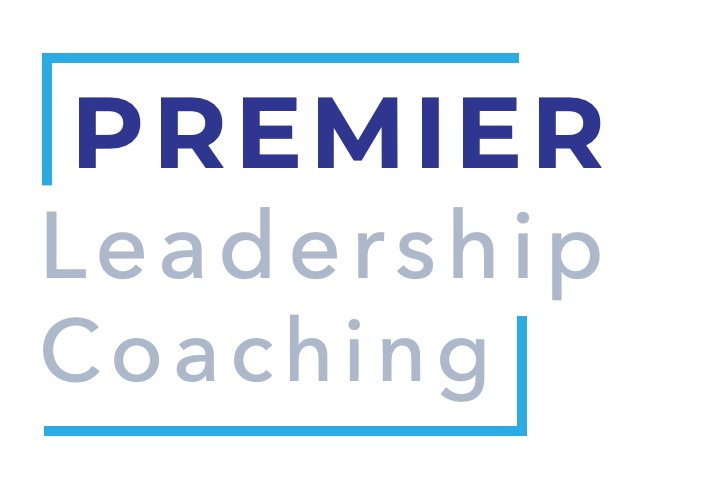If your educational and career paths are anything like mine, somewhere along the way you were told that soup-to-nuts perfection in your professional endeavors was the goal. You were lead to believe that documents couldn’t have typos, suggestions had to be thoroughly investigated before being voiced, ideas needed vetting prior to circulation, and under no circumstances was tardiness tolerated. At some point, you accepted as an indisputable fact that your foibles best be eliminated. If unsuccessful, your integrity could be questioned and your work product disregarded. Your missteps would be judged harshly. As a result, we dedicate time and expend energy on sussing out typos, checking margins for alignment and spacing for evenness, having enough copies and writing utensils, being on time, and thoroughness.
I would suggest to you that this is not always the wisest strategy or the best use of your talent. Frequently “good enough” will suffice. In fact, you should most certainly settle for “adequate” when doing so frees you up for excellence.
The Problem with Perfection
Our resources are limited. There are twenty-four hours in a day and only so many gallons in our mental tanks. If we focus on the details – the window dressing – what is left over for the big ideas, the groundbreaking, and the revolutionary? If we are stuck on the particulars, how will we find our way to the brilliant? For most of us it is impossible to be on the ground, magnifying glass in hand while simultaneously being up on a rooftop watching the fireworks light up the night sky.
Neither orientation is inherently superior. Determining which is advantageous depends on your objective. If your goal is for you and your partners to run the premier law firm in town, a bulletproof partnership agreement might not be necessary. If your plan is to upend the current elder care system, it might be irrelevant whether your employee time clock is accurate. If your dream is to become a leader in your field, the fact that your website has some bugs might best be ignored.
All roads lead to Seth Godin
If you do not know who he is, you should check him out. Suffice it to say, he writes what is arguably the best blog on the web. What is most remarkable about Seth is that he writes a post every day and some days he even writes two. I have wondered on more than one occasion, “Does Seth Godin proofread his work? Perhaps he has someone else do it for him? Or maybe he just writes and posts?”
I ask these questions not because I have ever caught a typo. I have never noticed a single error. Rather, I ask because it seems impossible for someone to invest time in both editing and writing so frequently. I hope whatever his approach, it is not one that slows him down. My preference would be to have his ideas delivered to me as quickly as he has them – typos included. I don’t follow him for his formatting. The quality of his ideas is too good to allow myself to be derailed by the little things.
I suppose that is one of the privileges of genius – you are forgiven for your mistakes. A “get out of jail free card” sounds good to me! I imagine I am not alone. While all of us likely want to be so brilliant, forward thinking, and insightful that we get a pass on the little things, only some of us are imperfect enough to get there.
